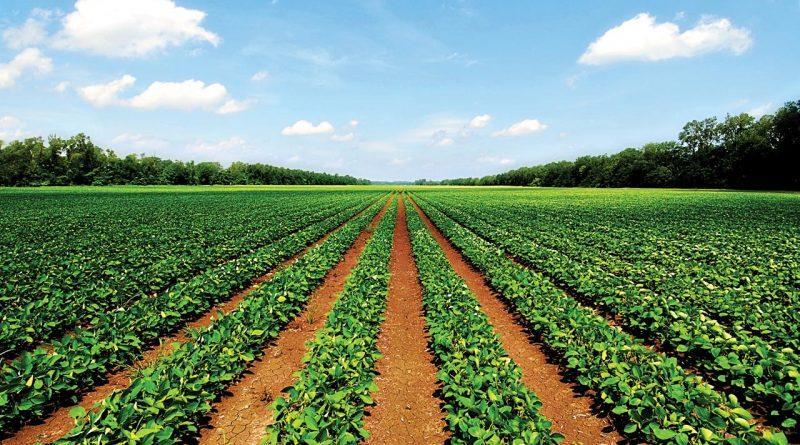Nigeria’s agricultural sector declined in first quarter of 2023
In the first quarter (Q1) of 2023, Nigeria’s agricultural sector experienced a negative growth rate of -0.9%, according to the National Bureau of Statistics’ (NBS) most recent Gross Domestic Product (GDP) report. When compared to the 3.16 percent growth rate that was observed in the same time of 2022, this represents a considerable slowdown in the sector’s growth pace. The industry has failed to maintain consistent performance over the past five quarters due to a number of issues, including insecurity and infrastructure delays. Since Q2 2022, the sector’s growth rate has only averaged 0.92 percent, and as a result, its contribution to the economy has decreased.
The sector was the second-largest contributor to GDP throughout the studied period (after the services sector), accounting for 21.66 percent of the total GDP. The contribution to the GDP-based indicator of the country’s economic success has fallen for the second time in a row, but at a lower level of performance than the 26.46 percent contributed in Q4 2022. The 2022 flood disaster, which destroyed agriculture and killed both plants and animals, can be blamed for the decline in the sector’s performance in addition to the legacy issues.
Nearly all 36 states in the country reported this calamity. The CBN’s approach of revamping the naira caused a cash scarcity that hindered economic activity across all sectors, including agriculture. Since the new administration has eliminated the fuel subsidy, minor actors in the sector may find it difficult to remain in business, which could further damage sectoral performance as a whole. Therefore, it is crucial for the government to offer farmers assistance, such as insurance coverage against natural disasters, to aid in their recovery in the event of a subsequent recurrence. To prevent negative consequences on the economy, policies like currency redesign must also be adequately assessed before adoption. Source: CSEA AFRICA




